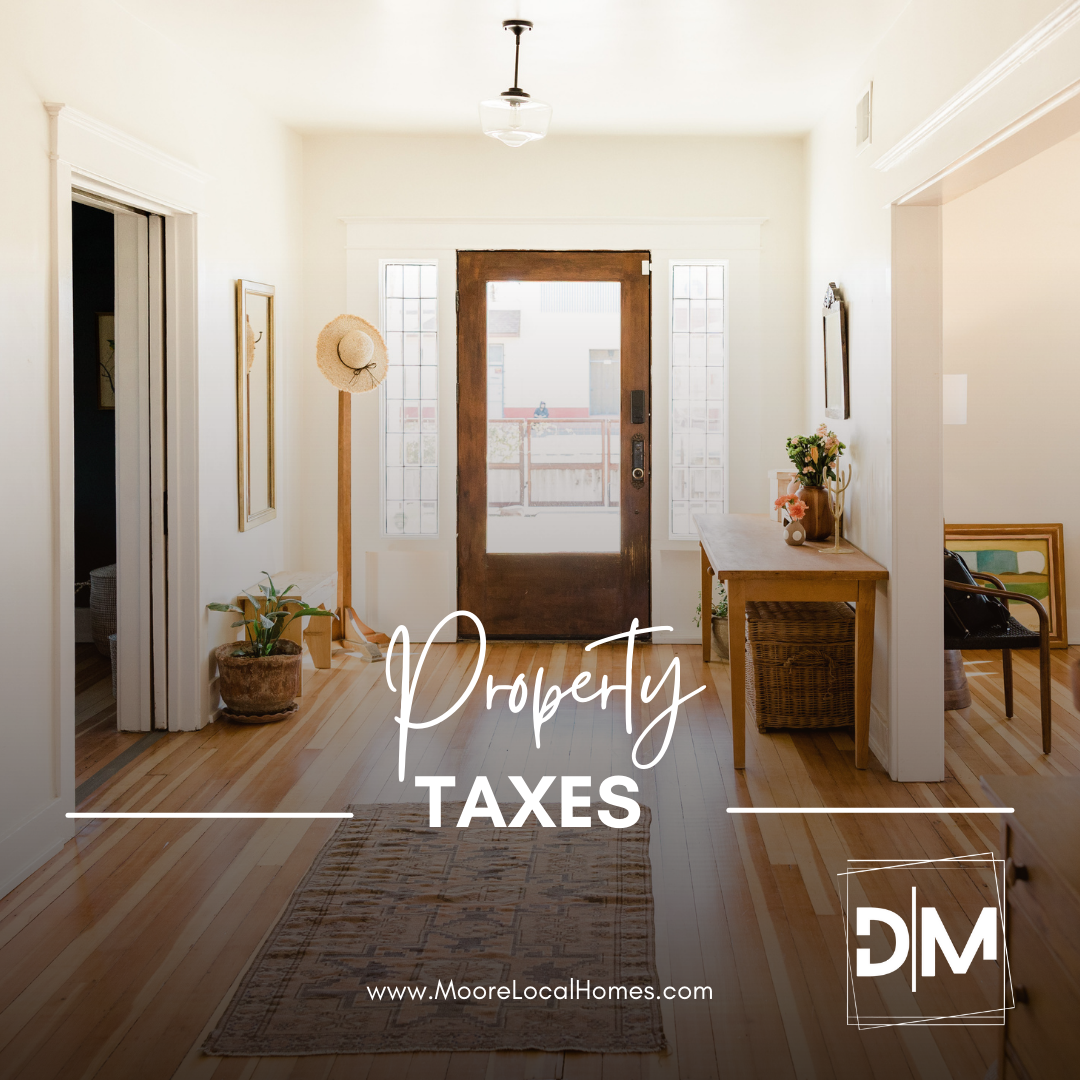Property taxes play a significant role in the finances of homeowners in Pennsylvania. They are a major source of revenue for local governments such as counties, municipalities, and school districts. Property taxes are assessed on the value of a property and are used to fund public services such as schools, police departments, fire departments, and infrastructure.
Uncategorized •
April 17, 2023
What You Need to Know About Property Taxes

In Pennsylvania, property taxes are assessed at the county level. Each county has its own assessment office that determines the value of each property within the county. The assessed value is then multiplied by the millage rate, which is set by each local government. The millage rate is the amount of tax a homeowner pays per $1,000 of assessed property value. For example, if a home is assessed at $100,000 and the millage rate is 10, the homeowner would pay $1,000 in property taxes.
One important thing to note is that property taxes in Pennsylvania are based on the assessed value of the property, not the market value. The assessed value is typically lower than the market value, which means that homeowners may end up paying less in property taxes than they would if taxes were based on market value.
Another important factor to consider is that property taxes in Pennsylvania are not uniform across the state. Millage rates vary depending on the local government, which means that homeowners in different areas may pay different amounts in property taxes. For example, homeowners in Philadelphia may pay a higher millage rate than homeowners in a rural area.
In addition to the county-level property taxes, homeowners in Pennsylvania may also be subject to school district taxes. School districts have their own millage rates, which are added to the county-level millage rate to determine the total property tax bill. School district taxes can be a significant portion of the total property tax bill, especially in areas with high property values.
There are some programs in Pennsylvania that can help homeowners reduce their property tax burden. For example, the state has a homestead exemption program that allows homeowners to reduce the assessed value of their primary residence by up to $18,000. This can result in significant savings on property taxes. In addition, some local governments offer tax relief programs for low-income homeowners or seniors.
In conclusion, property taxes are an important part of the finances of homeowners in Pennsylvania. They are a major source of revenue for local governments and fund essential public services. Homeowners should be aware of how property taxes are assessed and the factors that can affect their tax bill. There are also programs available that can help homeowners reduce their property tax burden.

 Facebook
Facebook
 X
X
 Pinterest
Pinterest
 Copy Link
Copy Link